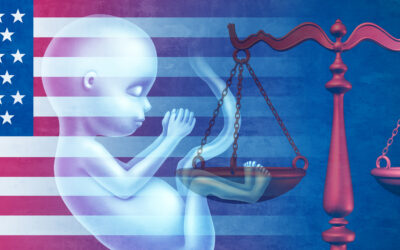Keeping a clear conscience, so that those who speak maliciously against your good behavior in Christ may be ashamed of their slander.
1 Peter 3:16
“I don’t know what you mean by ‘glory’,” Alice said.
Humpty Dumpty smiled contemptuously. “Of course you don’t — till I tell you. I meant ‘there’s a nice knock-down argument for you!’”
 “But ‘glory’ doesn’t mean ‘a nice knock-down argument’,” Alice objected.
“But ‘glory’ doesn’t mean ‘a nice knock-down argument’,” Alice objected.
“When I use a word,” Humpty Dumpty said, in rather a scornful tone, “it means just what I choose it to mean — neither more nor less.”
“The question is,” said Alice, “whether you can make words mean so many different things.”
“The question is,” said Humpty Dumpty, “which is to be master — that’s all.” (Lewis Carroll, Through the Looking Glass)
Humpty Dumpty is alive and well today. I know because I found him—or at least people who sound very much like him—on the Catholics for Choice website, where I found a short video on the conscience. The title of the teaching was “What do we mean by Conscience?” Here are a few excerpts (watch the whole video):
Dan Macguire, Theologian: “What you have an obligation to do before acting on your conscience is to consult the best insights available in your religious tradition and the philosophical traditions of the society and the culture of the society and only then act on your conscience.”
Shiela Briggs, Theologian: “Even if your conscience should lead you to hell, you are to follow it… It is your duty and obligation to act on your conscience, whatever it tells you.”
Kate Ott, Ethicist: “If one’s conscience brings them to a different understanding of the church teachings than the hierarchy has right now, you need to follow your conscience. It is our conscience that is the final arbiter of what we believe to be right or wrong for ourselves in moral decision-making. Therefore the Church—no one, your parents, doesn’t matter who they are, grandma—does not have the right to suggest that your conscience is wrong, or that your conscience makes you a bad Catholic.”
The above quotations are rather remarkable, in that these teachers demonstrate that they really don’t understand what a conscience is. They don’t define conscience, and therefore we are left to inferences. From what I gather, for them conscience is a free-floating inner feeling that may be influenced by the Church, but maybe not. What we don’t get is the notion that conscience is the God-given faculty that helps us discern right from wrong. Yes, we can be mistaken. The conscience can be deceived or deadened. But the notion that the conscience is meant to get its bearings from God and function in a way consistent with His word is absent. How this is any different from Adam and Eve determining what was right and wrong in the garden is unclear. On the understanding of conscience I get from these teachers, Adam and Eve were simply obeying their consciences.
It is remarkable that Catholics for Choice would offer a teaching titled “What Do We Mean By Conscience” and neglect (refuse?) to answer the question. It seems we are left with the notion that conscience means what I say it means. Which is convenient, for such ambiguity serves as a comfortable-sounding cloak we can use to justify what we want.
Humpty Dumpty is no dummy. Neither are the Catholics for Choice. Both know what needs to happen in order to become master. (If that is what he meant.)
Heavenly Father, speak to us through our consciences, that they may be rooted in Your Word and in Your Truth. May we as Your people and as Your Church not fall prey to the idols of this world. Rather, teach us to proclaim the good news of our salvation and about the sacredness of Life in our thoughts, words, and deeds. In Your Name we Pray, Amen.
This week’s reflection has been written by Anglicans for Life’s Board Member, the Rev. Dr. W. Ross Blackburn. Rev. Blackburn is the Rector of Christ the King, an Anglican Fellowship in Boone, NC.



